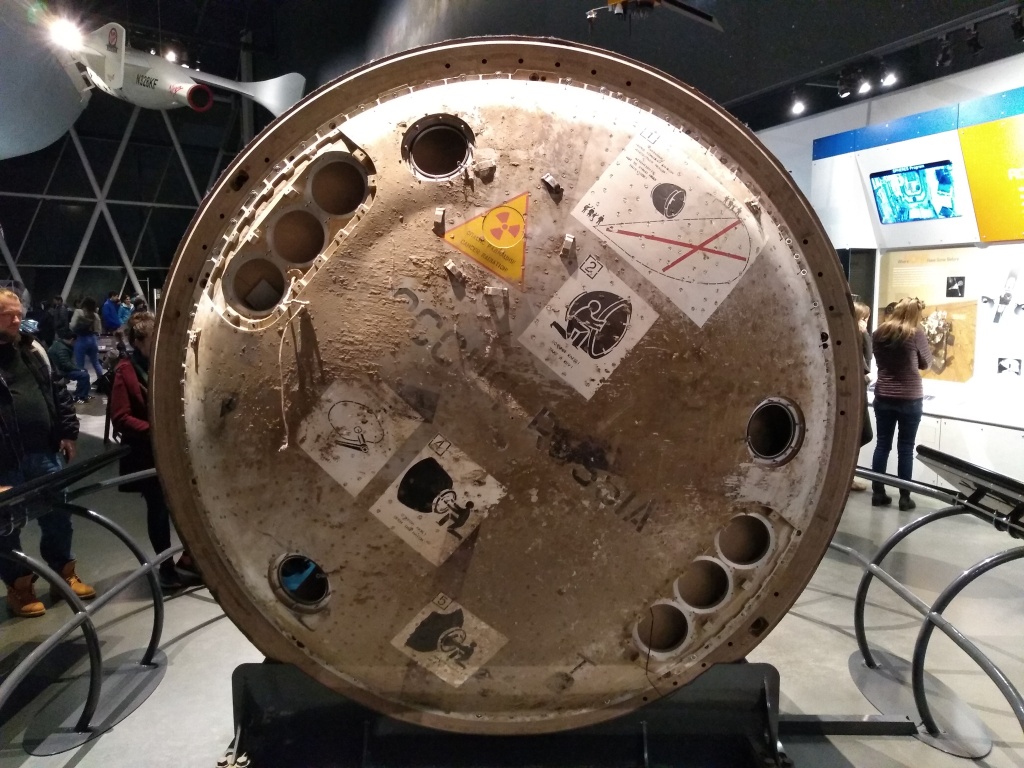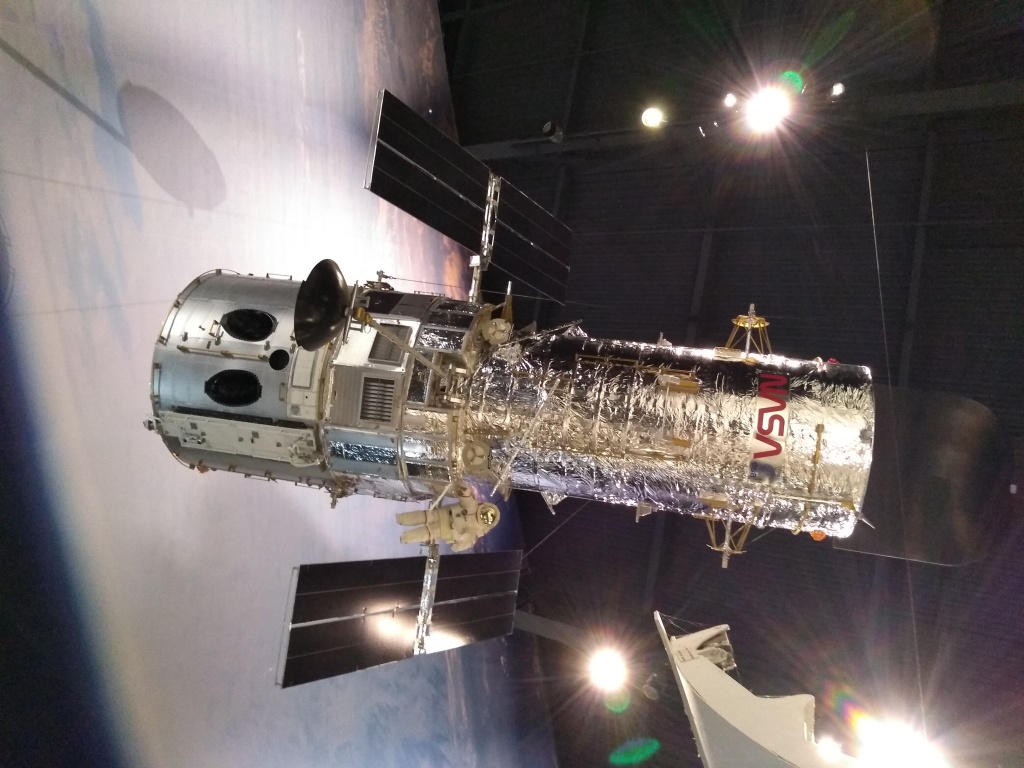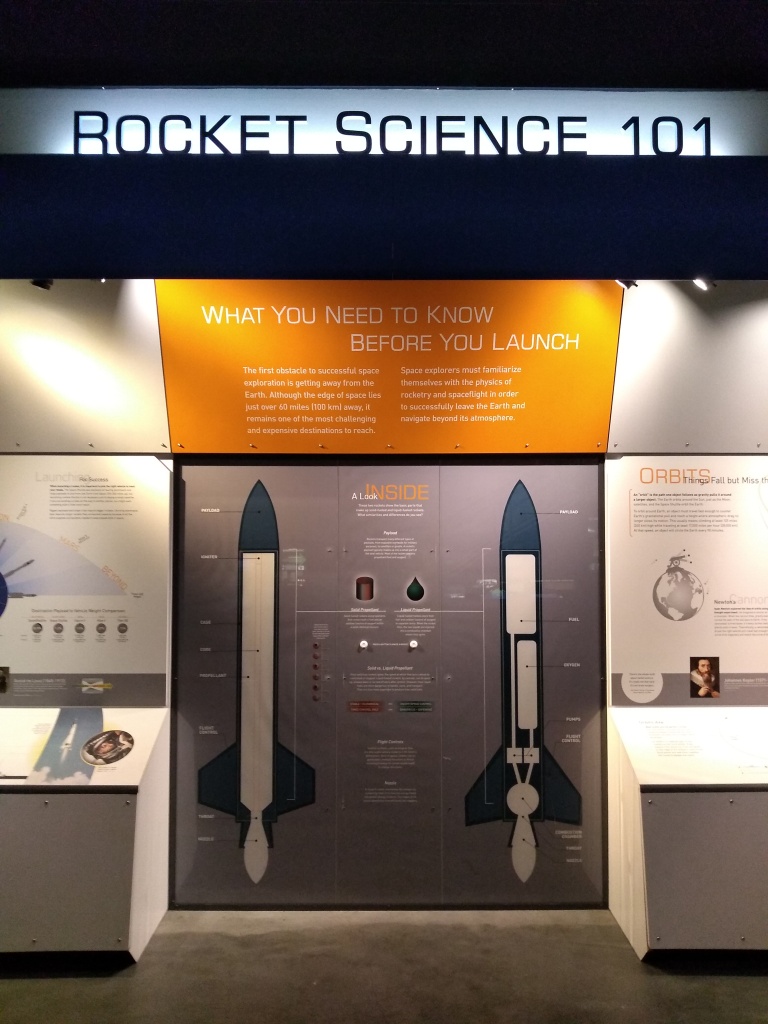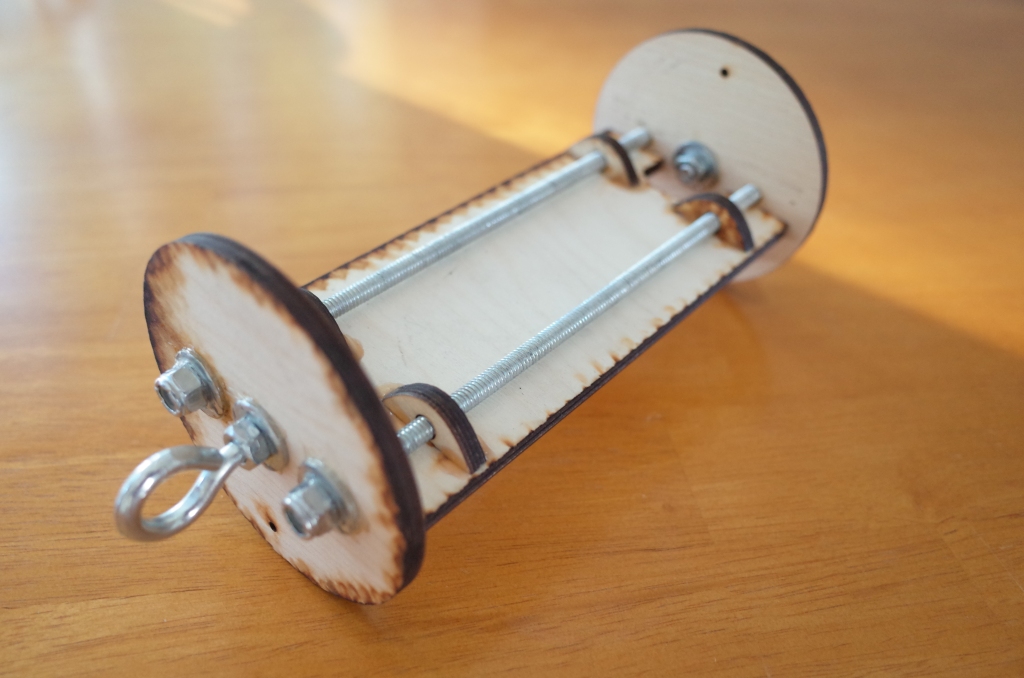Success! I officially have my amateur radio license.
Of course, you might be asking: what does this have to do with rockets? A fine question.

One of my goals for 2020 was to get an amateur radio (aka “ham radio”) license from the FCC. I knew literally nothing about ham radio, and I still know exceedingly little. But as I started learning more about the electronics in rockets, I discovered that you are legally required to have this license in order to use certain flight computers, such as the one I bought and recently installed (the TeleMetrum, from Altus Metrum) in my electronics bay, since you are transmitting via radio. And even if it weren’t strictly required, it would certainly be helpful to know some basics about electronics and radio waves.
Just as an aside, rocketry is an even better hobby than I initially thought it’d be. It really requires you to learn not only about different aspects of rockets, but also a lot of the basics in many rocketry-adjacent fields.
What am I talking about? Well, this is a good example: in this case, I discovered amateur radio. Prior to this, I hadn’t really given it much thought. But given that electricity and radio waves are the foundation of our entire modern technological society, it doesn’t hurt to know a bit more about it.
I’ll probably put together a separate post just on some of the content required for the exam, a sort of amateur radio 101, but just as an example: I hadn’t realized that cell phones and wifi are simply ultra high frequency (“UHF”) radio waves, fundamentally the same thing as VHF and UHF broadcast television channels or AM and FM radio channels. Some of this was pretty interesting stuff, although other areas just involved rote memorization.
Anyway, there are three levels for the amateur radio licensing exam. The FCC officially manages this entire process but farms it out to local clubs across the country and their volunteer examiners. You can apply for the following types of licenses:
- Technician
- General
- Extra
Each license requires passing an exam that is progressively more difficult, but each entitles you to additional rights and privileges when using amateur radio frequencies. Everyone who gets any amateur license is also assigned a unique “call sign” by the FCC, some combination of letters and numbers, often starting with a W or K (which is also why radio and TV stations have these broadcasting abbreviations, like WJMK or KSCS).

I studied for the technician license and (fortunately) passed that exam, in Redmond, WA through the Lake Washington Ham Club. I took out a few books from my local library and studied for a weekend, taking some practice exams online.
I only really need the technician license, so I’ve checked that box and can bring my focus back to rocketry, but I could see potentially taking the additional exams for the general or extra class down the road at some point. That said, it would require a significant amount of additional studying.
So long story short, the FCC notified me that my license was granted and assigned me a unique call sign: KJ7LRF.
Now to complete the electronics bay for my rocket – and I can finally begin using this flight computer.

















